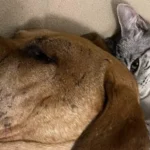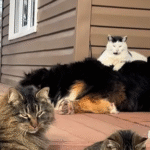Have you ever watched your beloved cat suddenly vanish under the bed or into a closet, leaving you feeling confused and concerned? It can be startling and even heartbreaking to see your furry friend retreat, especially when all you want is to provide comfort and love. Cats are mysterious creatures, and their emotional worlds are even more complex than we often realize. Understanding the emotional triggers that cause cats to withdraw is not just about curiosity—it’s about deepening the bond you share and helping them feel truly safe. Let’s unlock the secrets behind those sudden disappearances and explore what you can do to bring your cat back into the light, both literally and emotionally.
Loud Noises: The Unseen Earthquakes in a Cat’s World

A sudden bang, the clatter of dropped dishes, or blaring music can feel like a terrifying earthquake to a cat. Their hearing is far more sensitive than ours, making loud or unexpected noises overwhelming. Even the sound of fireworks or a thunderstorm can send the bravest feline sprinting for cover. This heightened sensitivity often causes them to associate noise with danger, triggering a fight-or-flight response. Cats may hide for hours or even days after a noisy event, emerging only when they sense safety. The key is to minimize loud disruptions whenever possible, especially during holidays or home improvements. Setting up a quiet, cozy retreat filled with familiar scents can help your cat feel secure during these stressful moments.
Changes in Routine: The Anxiety of the Unexpected

Cats thrive on predictability, and even the slightest change in their daily schedule can throw them into emotional turmoil. A missed mealtime, a new work schedule, or rearranged furniture can cause anxiety. When their sense of routine is disrupted, cats may retreat as a way to regain control over their environment. They find comfort in the familiar, so consistency is soothing to them. If you know a change is coming, try to introduce it gradually and offer extra attention and treats. Giving your cat time to adjust can help them feel less threatened and more secure in their home.
New People: Strangers in the Sanctuary

The arrival of guests—whether family, friends, or repair workers—can feel invasive to a cat. Cats are territorial, and new scents, voices, and movements can make them feel unsafe. Their instinct may be to hide until the perceived threat has passed. Some cats warm up to strangers quickly, but many need time and patience. Encouraging visitors to be calm, quiet, and to let the cat approach on their own terms can help build trust. Offering treats or toys may also help break the ice, but never force interaction—respect their need for space.
Other Animals: Feline Rivalry and Fear

Introducing a new pet, whether another cat or a dog, can be deeply unsettling. Cats often see newcomers as competitors for resources, attention, or territory. The stress of a new animal in the home can lead to hissing, growling, or complete withdrawal. It’s important to introduce animals slowly, using scent swapping and supervised meetings. Creating separate spaces for each pet allows them to adjust at their own pace. With patience, most cats will gradually accept their new roommates, but pushing too fast can backfire and prolong the tension.
Negative Experiences: The Lingering Shadow of Trauma

Cats have long memories, particularly when it comes to negative experiences. A single frightening incident—like being stepped on, accidentally locked in a closet, or rough handling—can cause lasting fear. This fear often manifests as avoidance or hiding whenever a similar situation arises. Earning back trust takes time and compassion. Gentle interaction, soft voices, and positive associations, such as treats or play, can help heal emotional wounds. Never punish a cat for hiding; instead, let them come to you when they feel ready.
Illness or Pain: Silent Suffering Behind Closed Doors
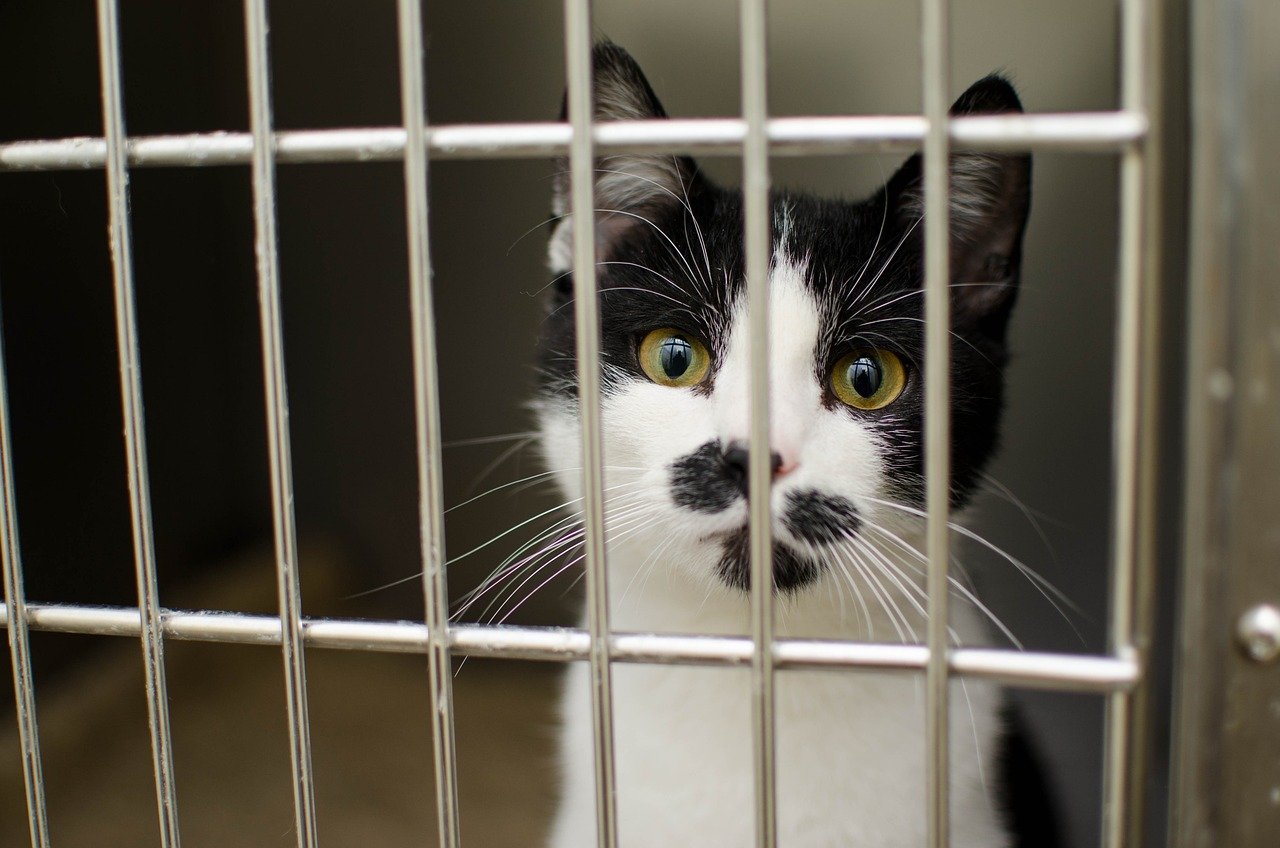
Unlike people, cats are masters at hiding pain or illness. When they don’t feel well, their instinct is to retreat and conceal their vulnerability. Changes in behavior—like increased hiding, reduced appetite, or lethargy—can be subtle cries for help. If your cat is retreating more than usual, it could be a sign something is wrong physically. A vet visit is essential to rule out medical issues. Providing a safe, quiet haven for recovery can help your cat feel comforted as they heal.
Overstimulation: When Affection Becomes Too Much

Many cat lovers are surprised when petting or play suddenly ends with their cat bolting away. Cats can become overstimulated quickly, especially from too much touch or rough play. Their nerves become overloaded, and their only escape is to retreat. Watch for early warning signs—twitching tails, flattened ears, or dilated pupils. Taking breaks during playtime and giving your cat space when they ask for it can prevent these uncomfortable moments. Always let your cat set the pace for affection.
Lack of Safe Spaces: Nowhere to Hide, Nowhere to Rest

Cats need secure hiding spots to feel truly comfortable in their environment. If a home lacks cozy nooks, boxes, or elevated perches, a cat may become anxious and withdrawn. The absence of these safe zones means they have nowhere to decompress when stressed. Adding cat trees, covered beds, or even cardboard boxes around the house can make a world of difference. These retreats provide not just physical shelter, but emotional security as well.
Conflict in the Home: Tension Between Humans
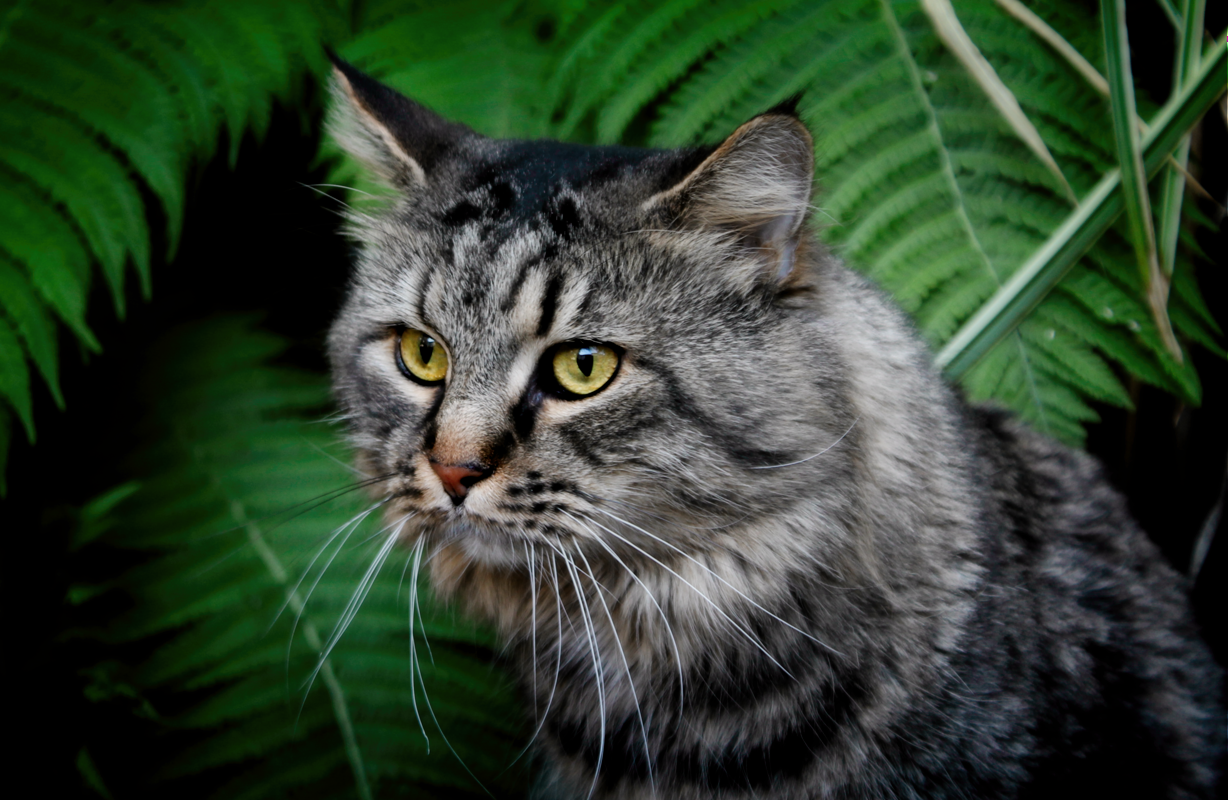
Cats are incredibly perceptive when it comes to human emotions. Raised voices, arguments, or general tension in the household can make a cat feel unsafe. They may sense anxiety or anger and respond by retreating to avoid the negative energy. Creating a peaceful atmosphere benefits everyone, including your pets. Practicing calm communication and offering your cat extra reassurance during stressful times can help them feel more secure.
Lack of Socialization: The Lonely Kitten Effect
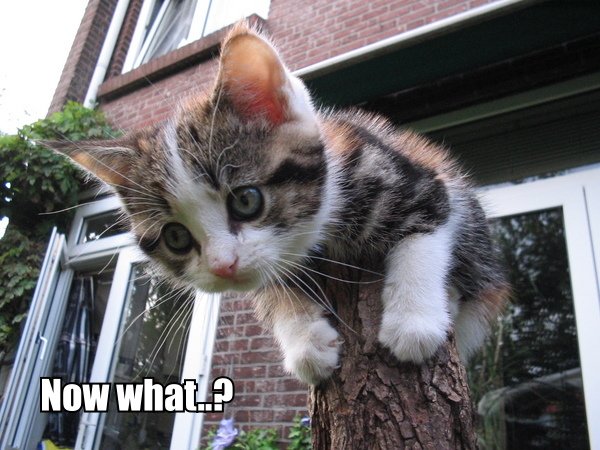
Early life experiences shape a cat’s confidence. Kittens that miss out on gentle handling or exposure to different environments may grow up to be shy or fearful adults. These cats often retreat from anything unfamiliar, preferring solitude over risk. Socializing cats at a young age—through play, gentle touch, and positive new experiences—can help them become more resilient. For older cats, patience and gradual exposure to new situations can build confidence over time.
Household Chaos: The Stress of Constant Motion

A busy home with loud children, frequent visitors, or constant movement can overwhelm a sensitive cat. They crave predictability and calm, so chaos can feel like an endless storm. Retreating is their way of seeking refuge from overstimulation. Setting up a private space—perhaps in a quiet room or high perch—gives your cat a place to escape the hustle and bustle. Encouraging family members to respect your cat’s boundaries is crucial for their emotional well-being.
Negative Associations: Ghosts of the Past

Sometimes a cat will suddenly avoid a particular room or object, seemingly without reason. Often, there’s a negative memory associated—like a vacuum being used, a loud noise, or an unpleasant smell. These associations linger and can trigger retreat long after the event. Gently reintroducing the cat to the area, paired with positive rewards, can help them overcome their fears. Patience and understanding are key in rebuilding their trust.
Unfamiliar Scents: The Confusion of New Smells

Cats rely heavily on scent to navigate their world. When new or strong smells invade their territory—such as cleaning products, perfumes, or even new furniture—it can unsettle them. They may retreat until the unfamiliar scent fades or is replaced by their own. Using unscented cleaners and avoiding strong fragrances can help maintain a comforting environment. Allowing your cat to “claim” new items by rubbing against them can also aid in their adjustment.
Sudden Movements: The Threat of the Unexpected

Swift or unpredictable movements can trigger a cat’s natural prey instincts, causing them to flee. Children running, waving arms, or even fast-approaching hands can feel threatening. Cats prefer slow, deliberate movements that signal safety. Teaching children and guests to approach calmly and allowing the cat to initiate contact can make a big difference. Over time, your cat will learn who they can trust to respect their boundaries.
Feeling Trapped: The Fear of No Escape

Cats need to know they can escape any situation if they feel threatened. Being cornered, held too tightly, or boxed in can cause panic and retreat. Always let your cat have a clear exit route, especially during introductions or play. Never chase a hiding cat—they’ll only feel more stressed. Instead, give them space and time to re-emerge when they’re ready.
Negative Reinforcement: The Confusion of Punishment

Yelling, spraying water, or other forms of punishment can confuse and frighten cats. They don’t understand why they’re being punished and may associate the negative experience with you rather than their behavior. This can lead to a breakdown in trust and increased withdrawal. Positive reinforcement—rewarding good behavior instead—builds a stronger bond and encourages confidence. Focus on patience and kindness to help your cat feel secure.
Separation Anxiety: The Pain of Being Alone
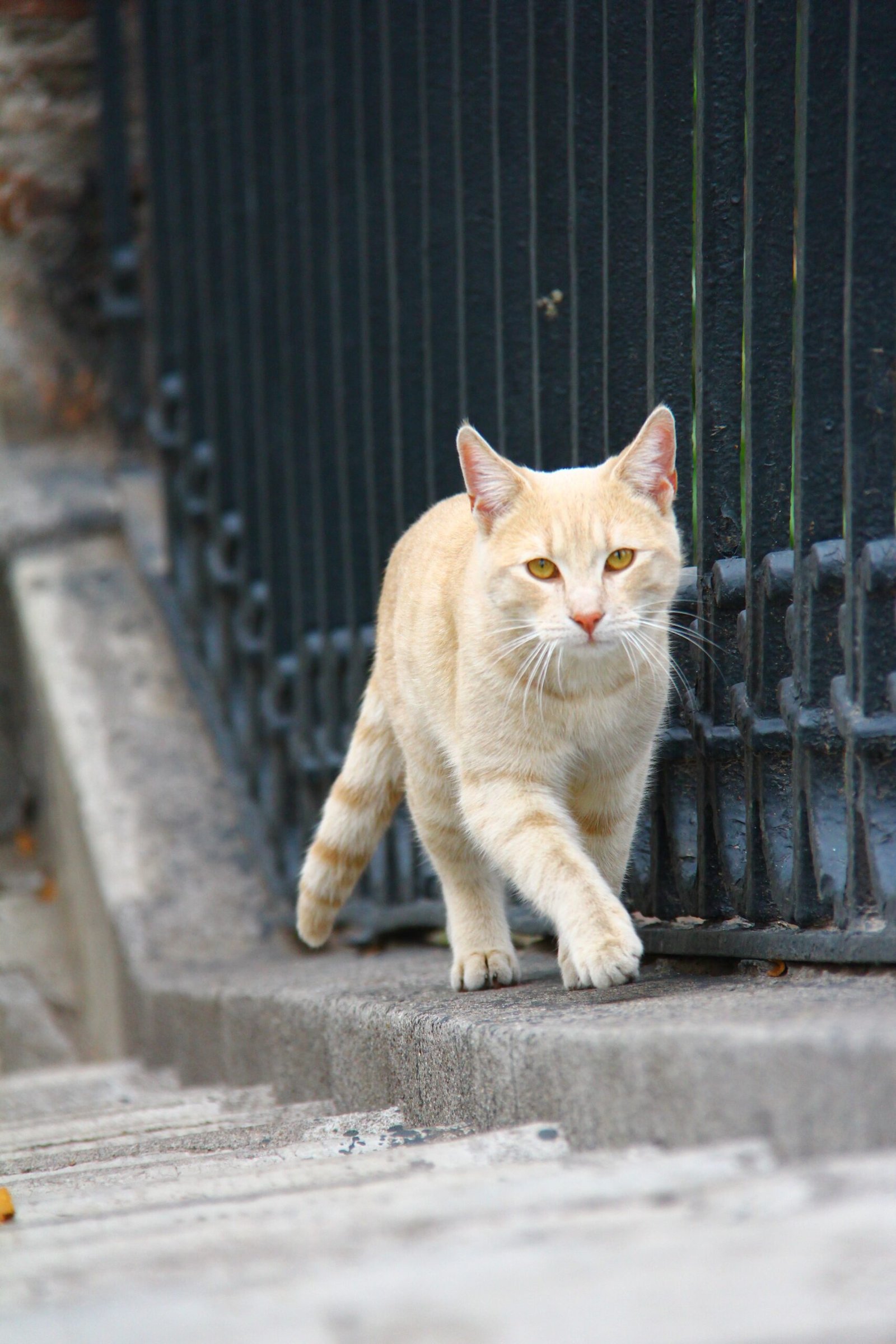
Some cats form deep attachments to their humans and struggle with being left alone. They may hide or become withdrawn when you leave, only emerging when you return. Signs of separation anxiety include excessive meowing, destructive behavior, or clinginess. Providing engaging toys, interactive feeders, and a comforting routine can ease their distress. Leaving behind an item with your scent may also offer reassurance.
Overcrowded Spaces: The Need for Personal Territory

Cats are territorial by nature, and overcrowded living conditions can make them feel threatened. Too many animals or people in a small space can lead to competition and stress. Ensuring each cat has their own food, water, litter box, and resting area is essential. Respecting their need for solitude and personal territory helps prevent conflict and retreat.
Unwanted Attention: The Pressure of Constant Interaction

While some cats crave attention, others value their independence. Being constantly picked up, cuddled, or followed can feel overwhelming. Cats need moments of solitude to recharge. Encouraging family members, especially children, to respect the cat’s signals and give them space prevents unnecessary stress. Over time, your cat may seek out interaction more frequently if they know it’s always on their terms.
Moving Homes: The Heartache of Leaving Familiar Ground

Moving to a new home is a monumental change for any cat. The loss of familiar sights, smells, and routines can be deeply unsettling. It’s common for cats to hide for days or even weeks after a move. Creating a safe “base camp” room filled with their favorite things—beds, toys, and litter box—can help them slowly acclimate. Allowing your cat to explore at their own pace and providing extra comfort and reassurance can ease the transition.
Sudden Absence of a Loved One: Grieving in Silence
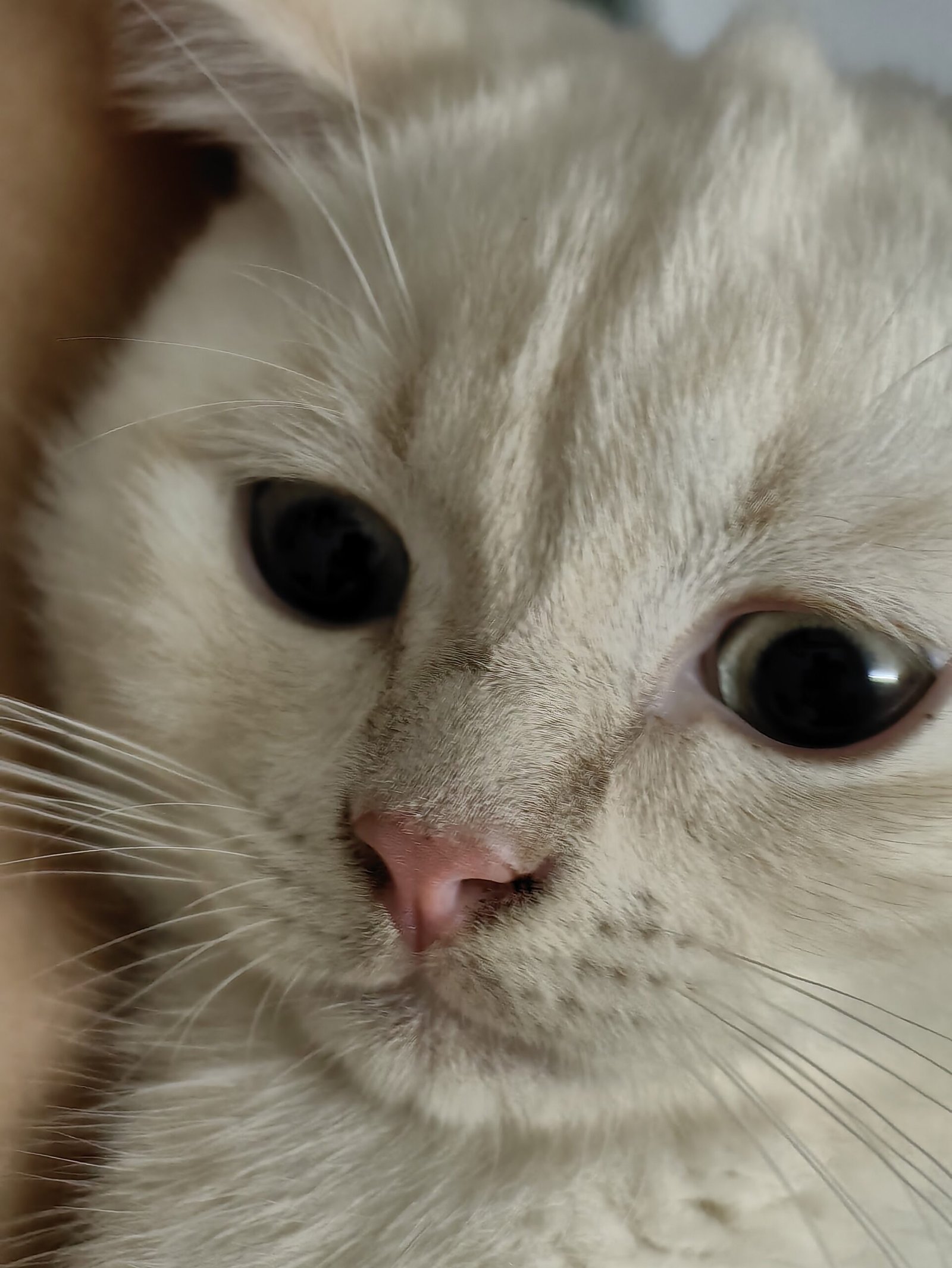
The loss of a human or animal companion can leave a cat grieving and confused. They may search for their friend, vocalize, or withdraw into hiding. Grief in cats is real and can last for weeks or months. Offering extra affection, maintaining routines, and giving them time to adjust are important steps in helping them heal. Recognizing their need to grieve in their own way shows deep empathy and respect for their emotional world.
Hi, I’m Bola, a passionate writer and creative strategist with a knack for crafting compelling content that educates, inspires, and connects. Over the years, I’ve honed my skills across various writing fields, including content creation, copywriting, online course development, and video scriptwriting.
When I’m not at my desk, you’ll find me exploring new ideas, reading books, or brainstorming creative ways to solve challenges. I believe that words have the power to transform, and I’m here to help you leverage that power for success.
Thanks for stopping by, Keep coming to this website to checkout new articles form me. You’d always love it!


